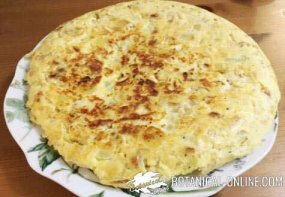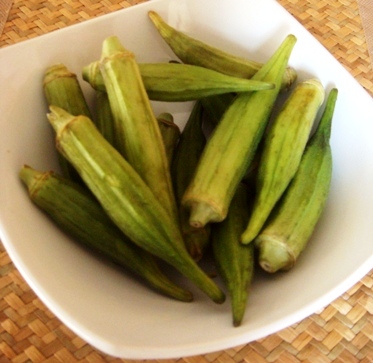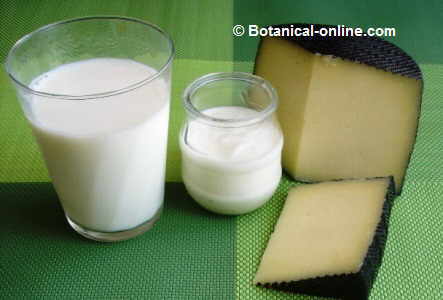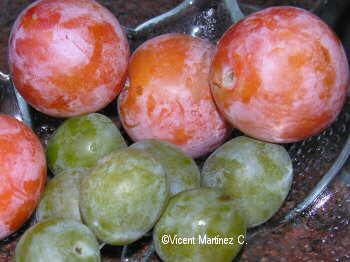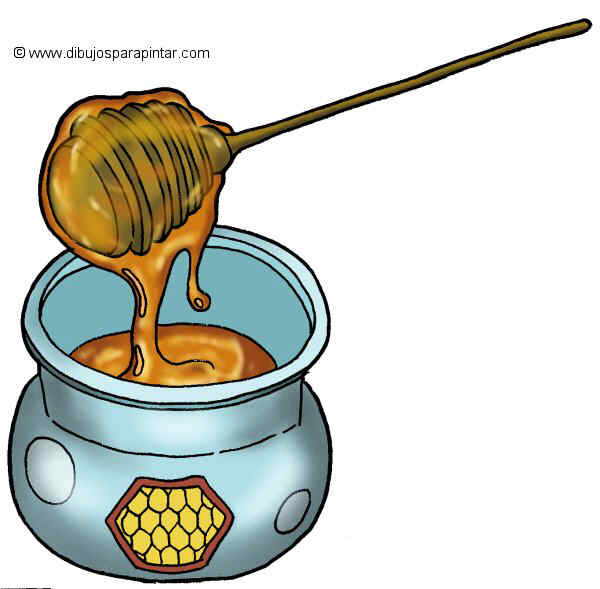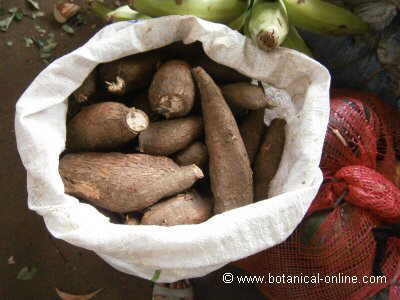Contents
(Sinapis alba)
What is Mustard oil?
Mustard oil is a fatty liquid extracted from pressing the mustard seeds.
To obtain mustard oil we can use several types of mustard:
- Common mustard seeds (Brassica nigra)
- Mustard greens (Brassica juncea)
- White mustard (Sinapis alba).
Although this type of oil may seem unusual, the fact is that oil from other – perhaps better known- cruciferous plants is also extracted, such as rapeseed oil (Brassica napus)
Where is mustard oil used?
 Photo of mustard oil
Photo of mustard oilMustard oil is mainly used in Indian cuisine and also in some Asian countries.
However, due to its erucic acid, internal use of this oil is not allowed in the European Union, the United States and Canada, so it is labelled as “For external use only.” Erucic acid is a type of fat that can damage health. Currently it is been under investigation to reduce its content of this type of fat.
Other uses mustard oil include Ayurvedic Medicine, where it is used for relaxing massages, especially on the head.
Note: Do not confuse mustard oil with the essential oil of the plant. Mustard essential oil is very irritating to the skin and its intake is toxic.
How does mustard oil taste like?
Mustard oil gives a distinctive spicy flavor to fried foods. The spicy flavor of this oil is provided by the allyl isothiocyanate, substance present in the essential oils of mustard.
Mustard oil composition
As all oils, mustard oil comprises 99% fat. The reason why these fats are liquid is due to the type of fats it contains, which are mainly unsaturated fats. Instead, in the animal world, because saturated fats are abundant, fats are solid (butter, pork bait, etc.)(See Fats types)
| Composition of mustard oil per 100g. | |
| Calories | 884kcal. |
| Whole fats | 100g. |
| * Saturated fats, whole | 11,58g. |
| Palmitic acid (16:0) | 3,75g. |
| Miristic acid (14:0) | 1,34 |
| Stearic acid (18:0) | 1,11g. |
| * Monounsaturated fats, Whole | 59,19g. |
| Erucic or Brasic acid (22:1) | 41,18g. |
| Oleic acid (18:1) | 11,61g. |
| Gadoleic acid (20:1) | 6,10g. |
| Palmitoleic acid (16:1) | 0,21g. |
| * Polyunsaturated fats, whole | 21,23g. |
| Linoleic acid(18:2) | 15,32g. |
| Linolenic acid (18:3) | 5,90g. |
PROPERTIES OF MUSTARD OIL
BENEFITS OF MUSTARD OIL
External remedies with mustard oil
- To prevent hair loss: Mustard oil contains allyl isothiocyanate. This component has vasodilator properties what improves blood flow to the scalp, nourishing hair and helping to slow his fall. This remedy is used in Ayurvedic medicine to treat alopecia. The oil is mixed with olive oil (mix equal parts) to reduce its concentration in irritating components. (Massage the scalp with the mixture of oils).
- For rheumatic pain: Massages with mustard oil have a stimulating effect that help treat rheumatic pains. The oil is mixed with olive oil (mix equal parts) to reduce its concentration in irritating components. (Perform a massage with the oil mixture).
Internal preparations with mustard oil against cancer
Recent studies are investigating the properties of mustard oil against cancer. The medicinal components are isothiocyanates, which have anti-cancer properties, as it has been demonstrated in other cruciferous plants (p. Eg.: broccoli, collard greens, arugula).
However, consumption of mustard oil is Not recommended due to erucic acid. Erucic acid is a type of fat that can damage health. Animal studies have recorded growth problems and malformations when taking this type of fat. Currently it is been tried to reduce the content in this type of fat (such as it has been done in rapeseed oil).
For this reason, the food use of mustard oil is banned in many countries, such as those of the European Union, the United States and Canada. At the moment, more studies must be performed to ensure the safety of mustard oil as an edible oil.
It should be noted that all edible marketed oils have a erucic acid content of less than 5% and are safe for health.
![]() More information on mustard.
More information on mustard.


